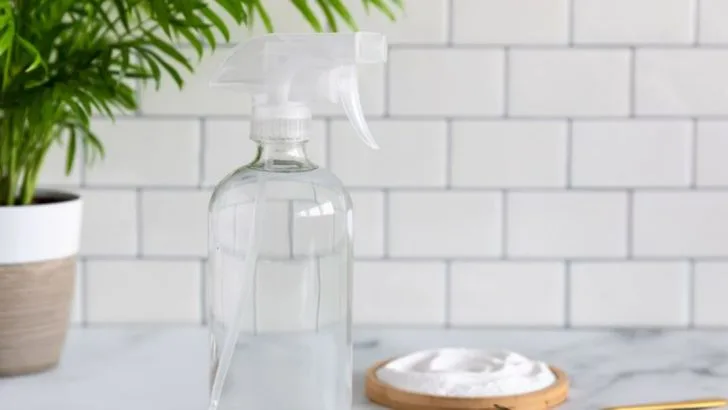Sugar isn’t just for cookies. It’s a secret weapon hiding in your kitchen—waiting to shake things up in your garden. We’re talking about sweet tricks that can fend off pests, boost blooms, and even rescue dying plants. No weird chemicals. No expensive magic potions. Just plain ol’ sugar doing things you never expected. Most gardeners toss it in their coffee and move on. Meanwhile, their compost could be heating up faster. Their cut flowers could be living longer. Their veggies could be sweeter—literally. So if your sugar jar only sees baking days and morning mugs, it’s time to change that. Here are 14 garden hacks where sugar absolutely steals the show.
Soil Enhancer

Ever wondered how to enrich your garden soil naturally? Sugar might be the solution. By adding sugar, you can increase the microbial activity within the soil, promoting healthier plant growth. Microbes feed on sugar, thriving and, in turn, breaking down organic matter more efficiently.
This process helps release nutrients essential for plants, akin to a natural fertilizer. It’s a simple, eco-friendly way to boost your garden’s vitality. Try scattering a small amount of sugar over your vegetable patch and watch the transformation. The results might surprise you, providing lush and robust plants.
Slug Deterrent
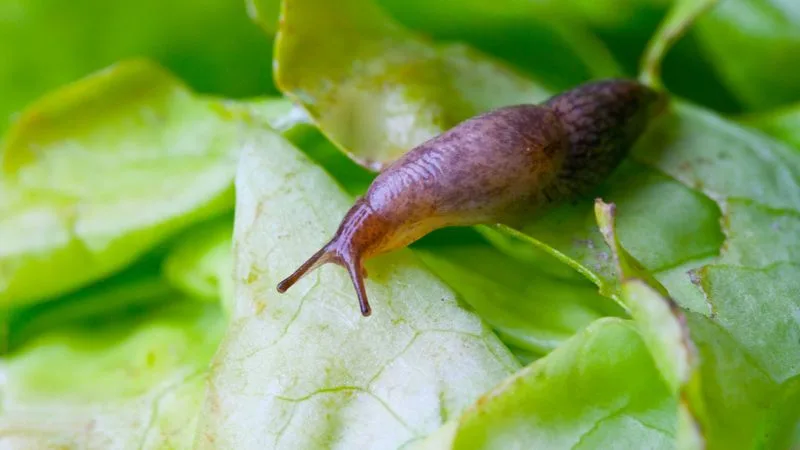
Slugs can be a gardener’s nemesis, but sugar provides an unexpected deterrent. When sprinkled around vulnerable plants, sugar can deter these pests without the use of harsh chemicals.
The sugar attracts ants, which are natural predators of slugs. It’s an organic method that helps maintain the ecological balance in your garden. Unlike toxic slug pellets, sugar is safe for pets and wildlife.
Next time you spot these slimy invaders, try a sugar barrier. It’s a gentle yet effective way to protect your precious plants from unwanted munching.
Weed Suppressant
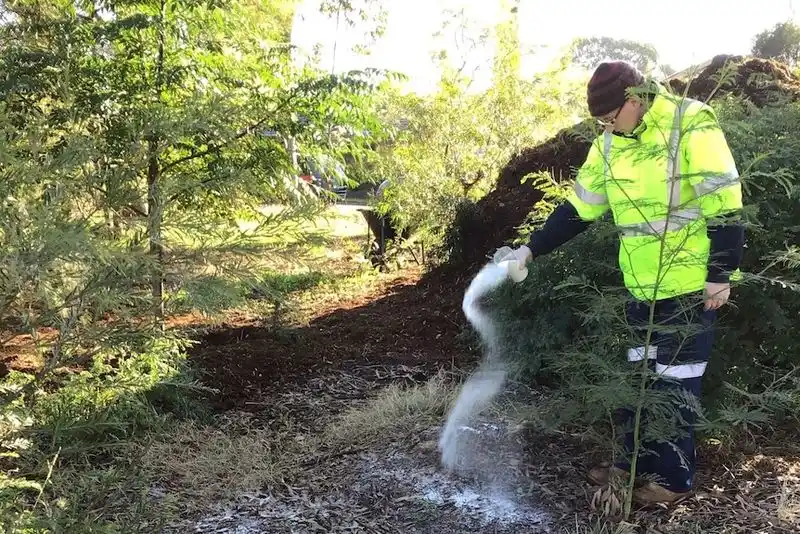
Battling weeds is an ongoing struggle for many gardeners. Surprisingly, sugar can help suppress weeds naturally. It works by reducing nitrogen levels in the soil, which weeds rely on more than established plants.
With less nitrogen available, weeds struggle to grow, allowing your desired plants to flourish. This method is especially useful in flower beds and vegetable gardens.
Consider it a natural form of weed control that doesn’t harm the environment. Just sprinkle sugar around the base of your plants and let nature take its course. Watch the weeds wane as your garden thrives.
Compost Accelerator

Speeding up composting can be achieved with an unexpected ingredient: sugar. By adding sugar to your compost pile, you provide a quick energy source for decomposing bacteria.
These bacteria break down organic matter faster, turning your compost into rich, usable soil. It’s an easy and effective way to enhance your composting process.
Not only does this method accelerate composting, it also enriches the final product with nutrients. Next time you start a new compost pile, remember to add a little sugar for a quicker turnaround. Your garden will thank you for it.
Root Stimulation
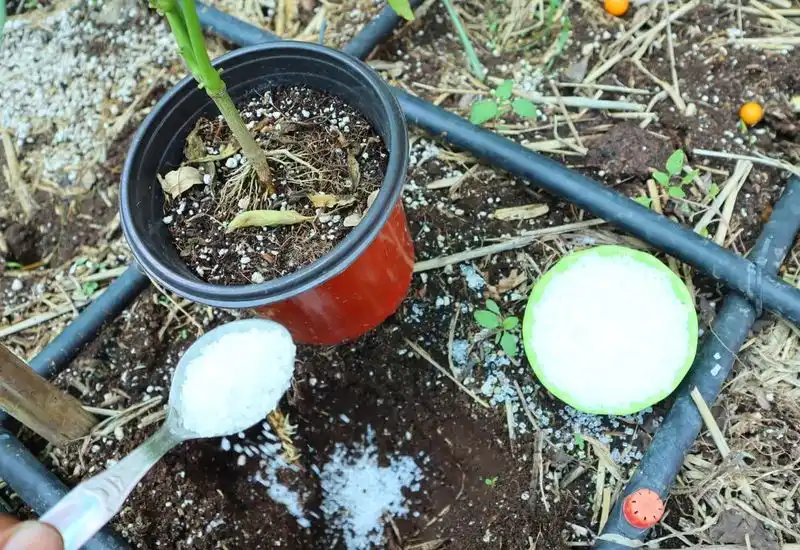
Encouraging strong root growth can be as simple as a sugar solution. By dissolving sugar in water and applying it to the soil, you can promote root development in young plants.
The sugar provides an energy boost, aiding in root establishment and growth. This technique is particularly effective for seedlings and transplants, helping them establish quickly in their new environment.
Try this method with your next batch of seedlings. It’s a cost-effective way to ensure your plants develop a robust root system, setting the stage for healthy growth and productivity.
Fungal Disease Fighter
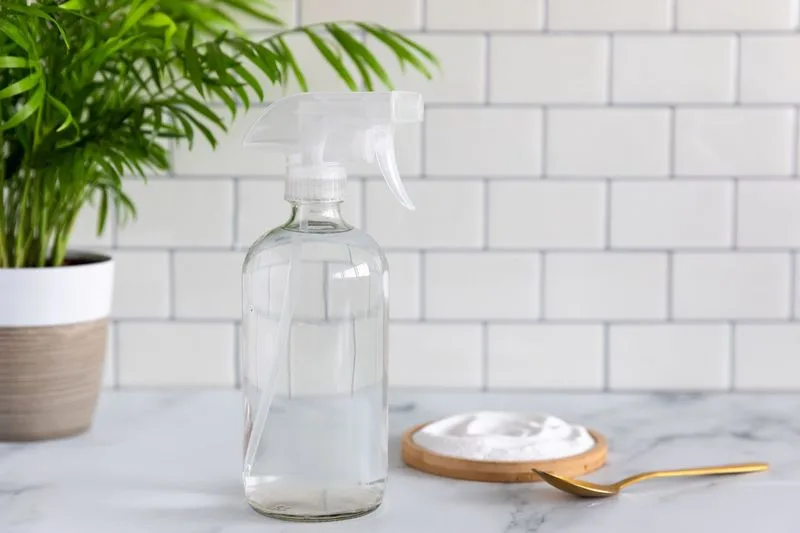
Combating fungal diseases in plants can be a challenge, but sugar offers a natural solution. By mixing sugar with water and spraying it on affected plants, you can hinder fungal growth.
The solution works by attracting beneficial microbes that compete with harmful fungi, effectively reducing their prevalence. This method is gentle on plants while being tough on fungi.
Consider using sugar as a part of your plant care routine to minimize fungal infections. It’s a simple, chemical-free approach to protect your garden from common fungal issues.
Plant Growth Booster
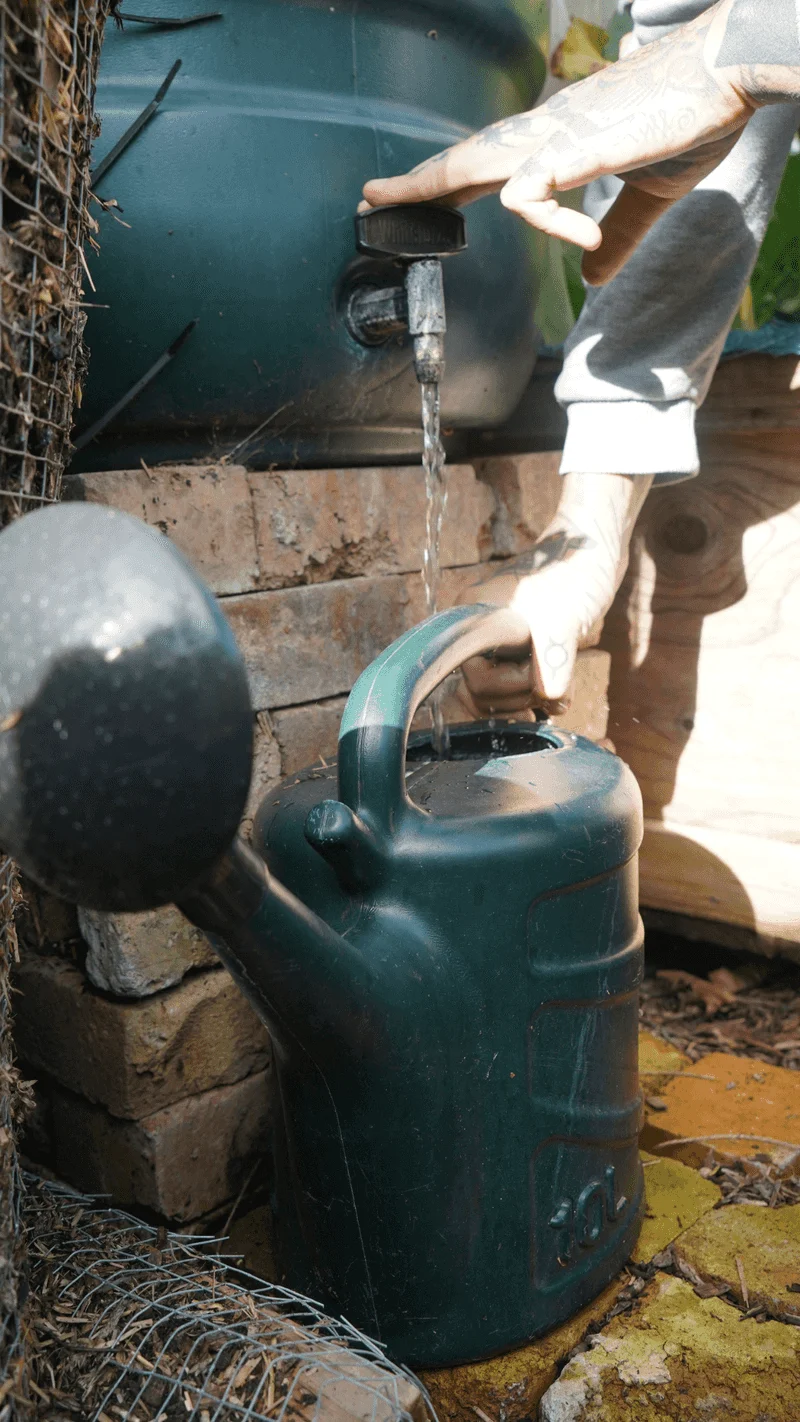
Aiming to boost plant growth naturally? Consider sugar as a growth enhancer. When diluted with water and applied to plants, sugar acts as a natural tonic.
It feeds beneficial soil bacteria, which in turn promotes healthier plant growth. This approach is particularly advantageous for fruiting plants, enhancing their productivity.
Regular use can lead to more vigorous plants, improving both yield and quality. Integrating sugar into your watering routine can be a game-changer for your garden. It’s a simple yet powerful way to encourage robust plant development.
Natural Pest Trap
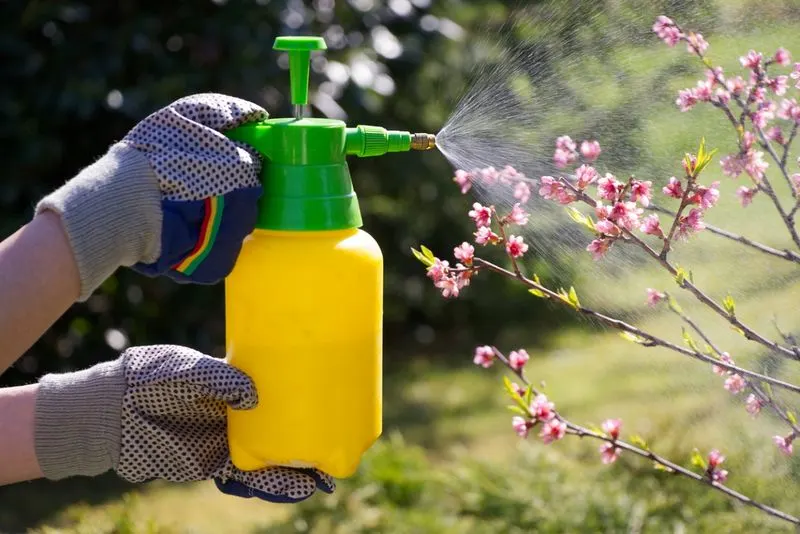
Dealing with pests can be daunting, but sugar can turn the tables. Create a natural pest trap by mixing sugar with water and vinegar.
This concoction attracts insects, luring them away from your plants. It’s a straightforward and eco-friendly way to manage pest populations without harmful chemicals.
Once the insects are drawn in, they are trapped, minimizing damage to your garden. With sugar, you can effectively protect your plants and maintain a healthy garden ecosystem. Consider setting these traps among your plants to keep unwanted visitors at bay.
Ant Attractor
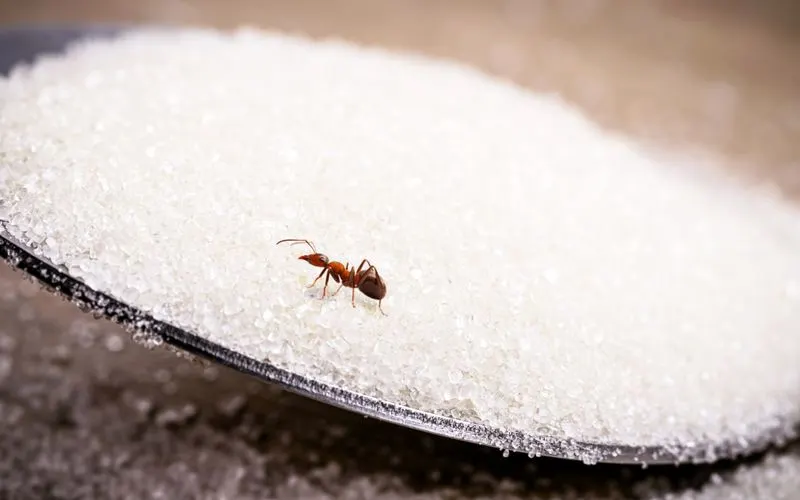
Ants, often seen as pests, can be quite beneficial in the garden. Sugar can be used to attract ants, who in turn help with pollination and soil aeration.
By placing sugar around your garden, you encourage ants to establish colonies. These ants can deter harmful insects by preying on them, providing a natural form of pest control.
Moreover, ants help in breaking down organic material, enriching the soil. By leveraging sugar, you can invite these industrious insects to become your garden allies, enhancing both plant health and soil quality.
Bird Feeder Supplement
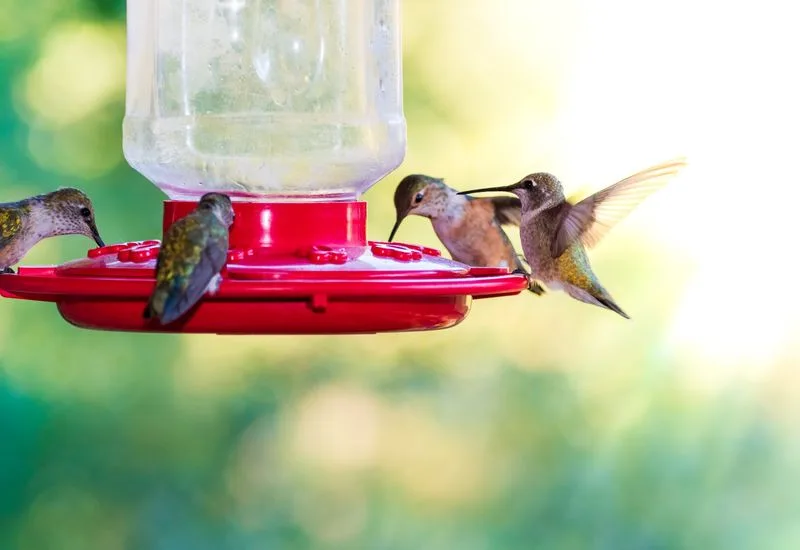
Enhancing your bird-watching experience can be as easy as sugar. Mix sugar with water to create a nectar-like solution, perfect for attracting hummingbirds.
These birds, drawn to the sweet mixture, will frequent your garden, adding vibrancy and life. Not only does this provide nourishment, but it also aids pollination as birds move from flower to flower.
Incorporating a sugar solution in your bird feeder can support local bird populations, fostering a thriving ecosystem. It’s a delightful way to enjoy nature’s beauty right in your backyard.
Beneficial Microbe Booster
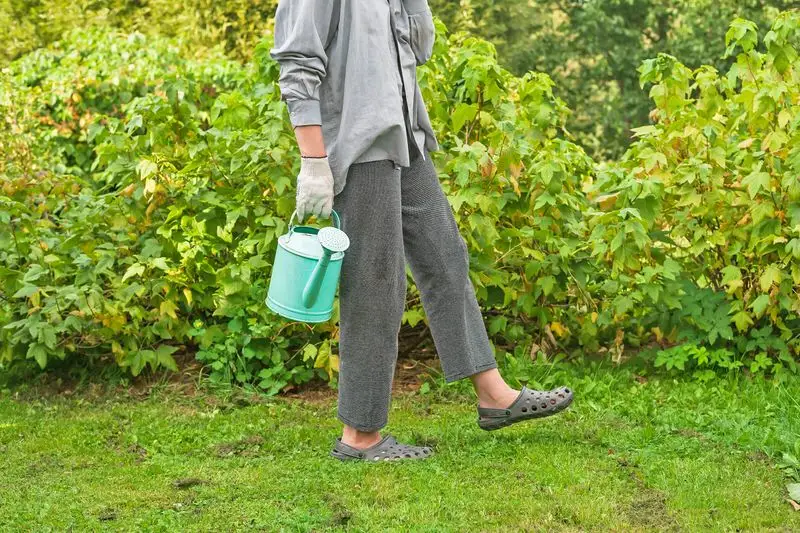
Enhancing soil health can be simple with sugar. It acts as a catalyst for beneficial microbes, essential for nutrient cycling and plant health.
By adding sugar to your garden soil, you stimulate microbial activity, which in turn enhances soil fertility. This method fosters a thriving ecosystem, ensuring plants receive the nutrients they need.
Consider incorporating sugar into your gardening routine to promote a lively and balanced soil environment. It’s a straightforward approach to boost your garden’s health naturally.
Seed Germination Aid
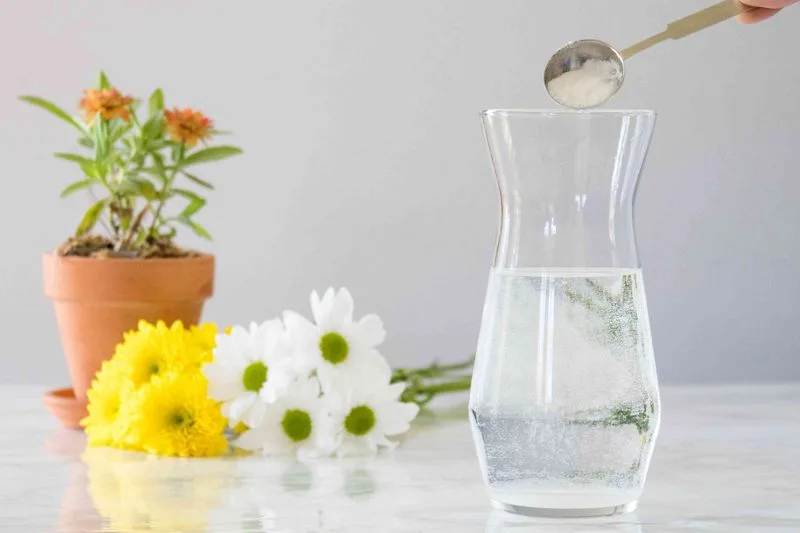
Enhancing seed germination can be as simple as a sugar soak. By immersing seeds in a sugar solution before planting, you can improve germination rates.
The sugar provides energy, aiding in the early stages of seed development. This technique is particularly useful for hard-to-sprout seeds, giving them a head start.
It’s a practical tip for gardeners seeking to optimize their planting efforts. Consider this method for your next sowing session to ensure a successful start for your plants.
Pollinator Attractant
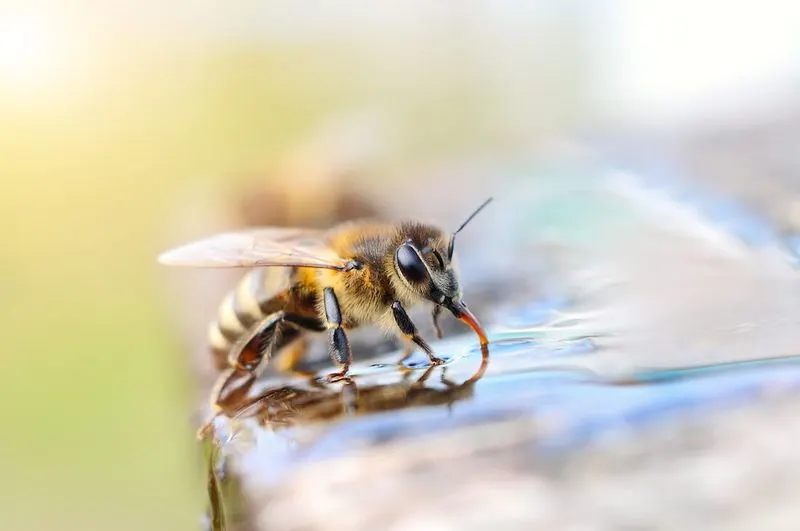
Attracting pollinators is crucial for a thriving garden, and sugar can help. By mixing sugar with water and spraying it onto flowers, you can draw bees and butterflies.
These pollinators are essential for plant reproduction, enhancing fruit and seed production. Increasing their presence can significantly benefit your garden’s yield.
It’s a simple yet effective way to create a pollinator-friendly environment. By using sugar, you can boost your garden’s biodiversity and productivity.
Natural Fertilizer
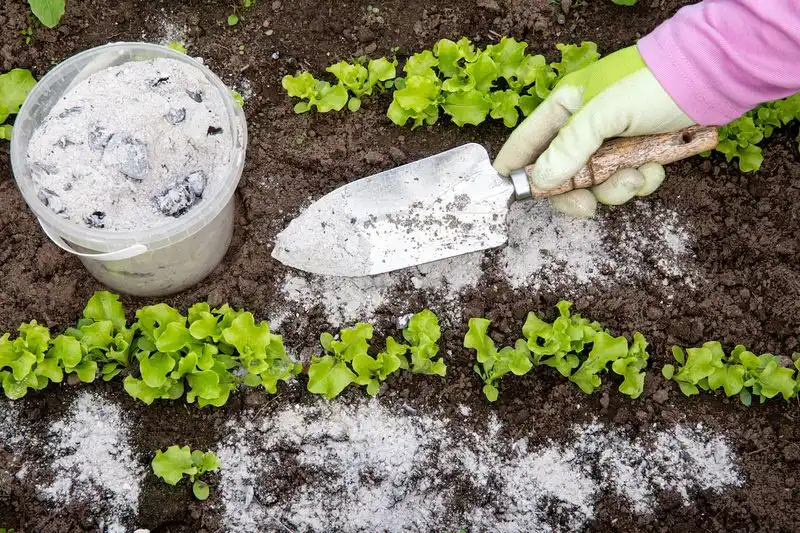
Creating a natural fertilizer can be as easy as utilizing sugar. When mixed with other organic components, sugar acts as a nutrient source for beneficial organisms.
These organisms break down organic matter, releasing nutrients for plants. It’s an eco-friendly alternative to chemical fertilizers, promoting sustainable gardening practices.
Incorporate sugar into your fertilizing routine to nourish your plants naturally. It’s a cost-effective way to enhance plant health and soil quality, fostering a prosperous garden environment.

